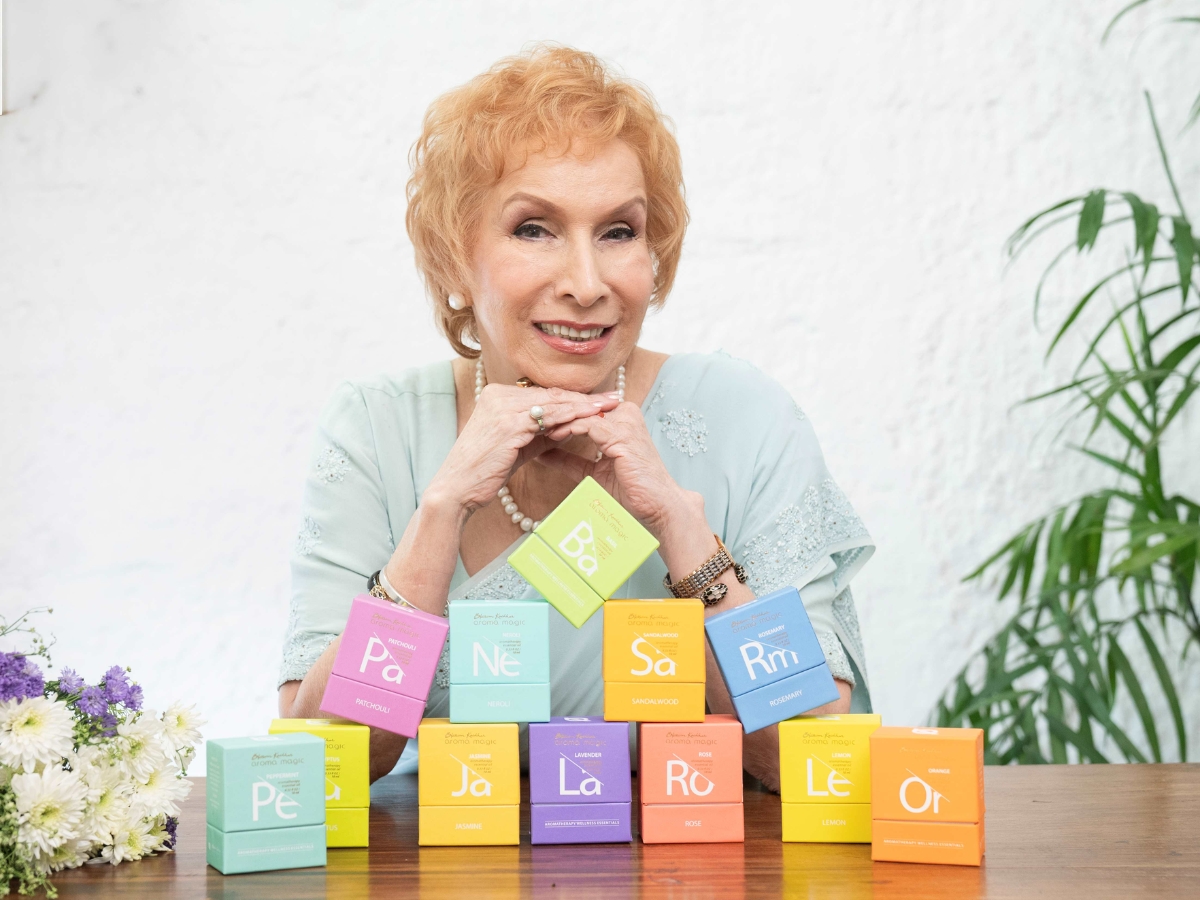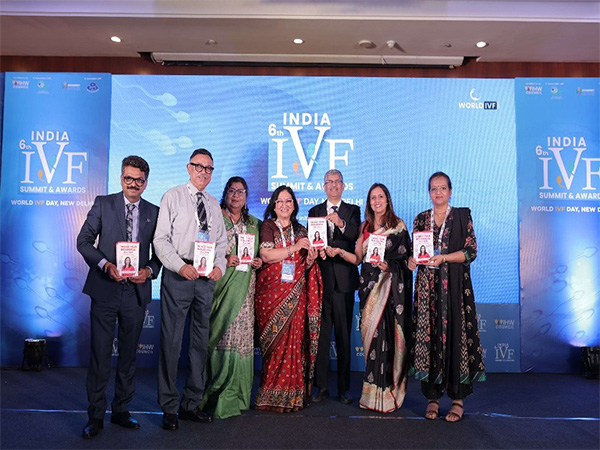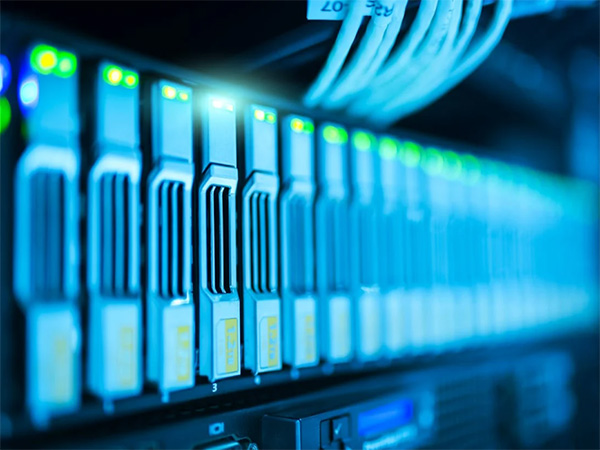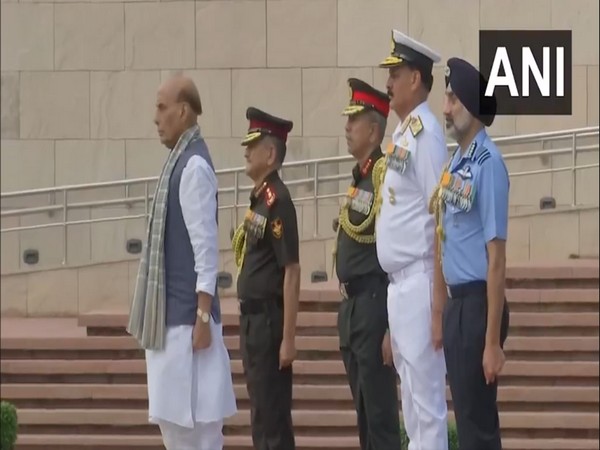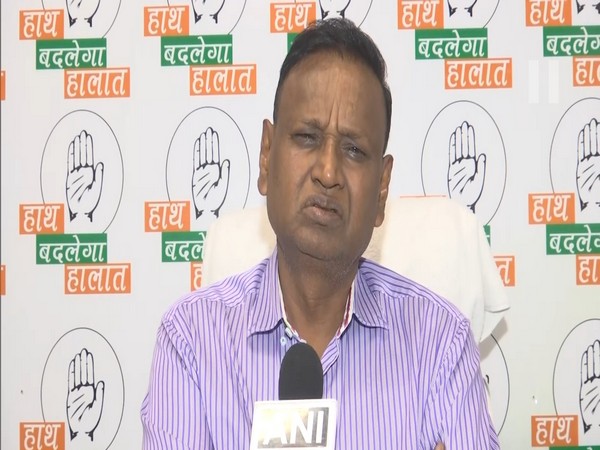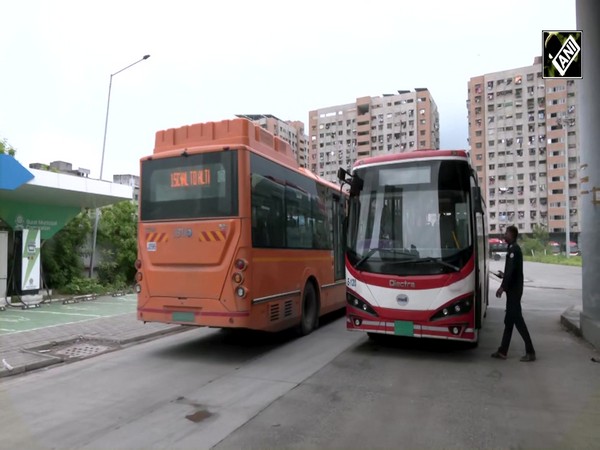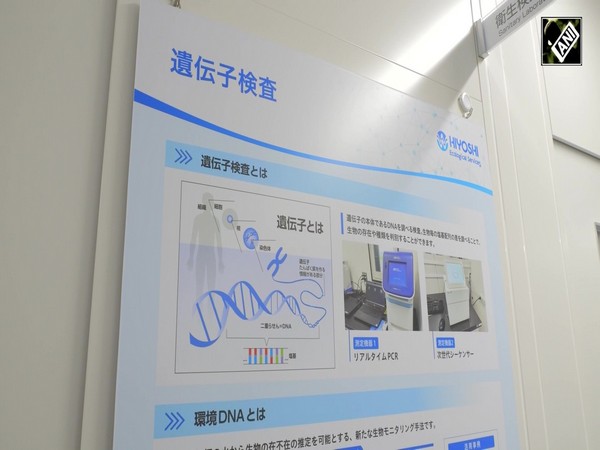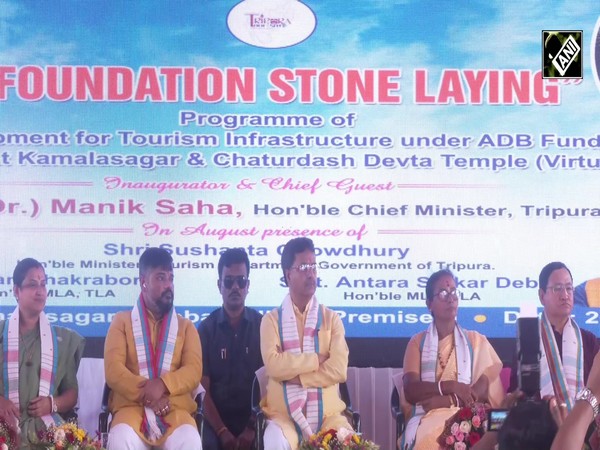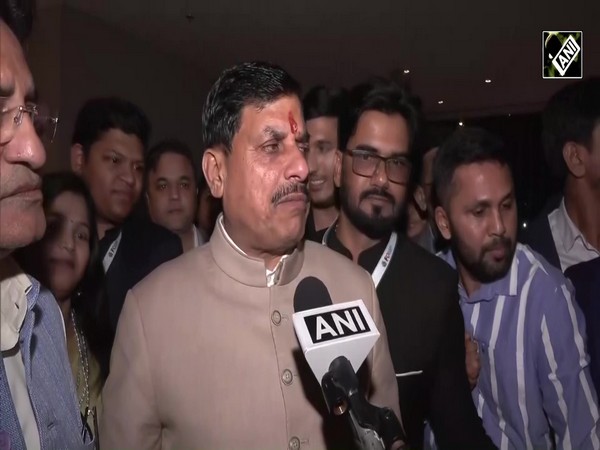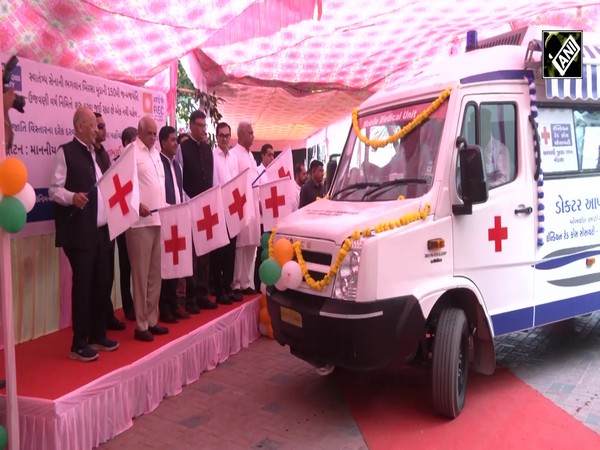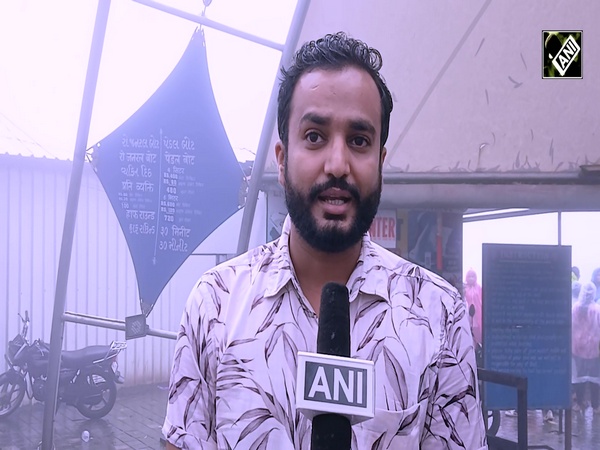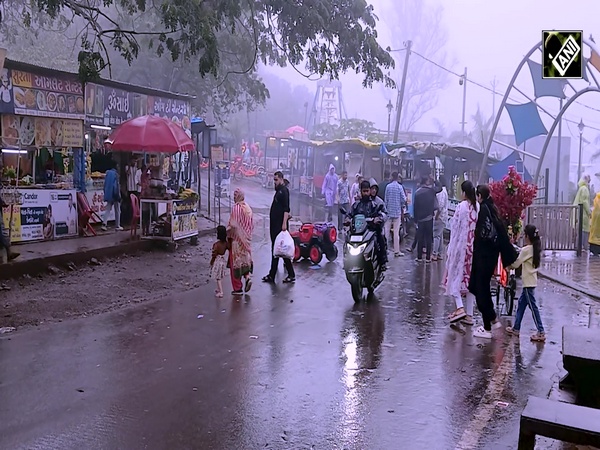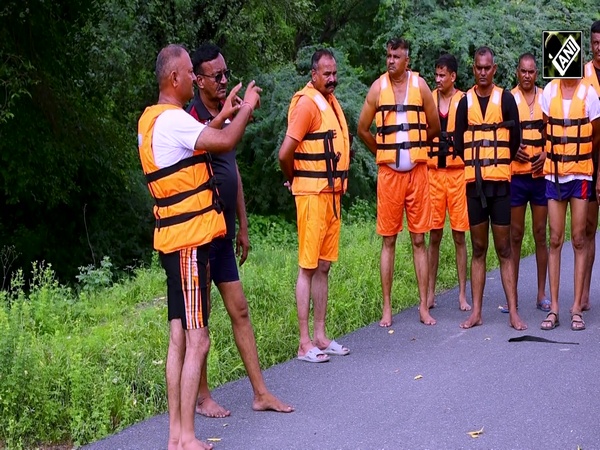Biggest challenge before Indian economy is employability, says FM Nirmala Sitharaman
Oct 22, 2024

New York [US], October 22 : In a fireside chat on India's decadal economic reforms and continued economic growth in New York, Union Finance Minister Nirmala Sitharaman on Monday (local time) said that the biggest challenge before India is employability.
Answering a question on how the country plans to take advantage of the demographic dividend, Sitharaman pointed out the challenge of employability, "The biggest challenge that we had is the employability level or the skill set which is so required."
For being employed they need more and the government is working to fill this gap said the finance minister.
"Many of them (students) coming out of universities have the qualification or the certificate from the university, but employers think there is a gap between the degree that he has and the employability that is expected of them.
"For being employed, they need something more. And it is that gap that Government of India is trying to now fill." she said emphasising the government's efforts to equip the youth with skills in emerging technologies like artificial intelligence (AI).
Sitharaman said that digitalisation of the Indian economy has allowed government to formalise the economy. During the conversation, the Finance Minister said that India's digital transformation has enabled large segments of the population to be included in formal financial systems and it has allowed citizens to participate in economic growth.
Speaking at the Economic Club of New York, the Finance Minister highlighted the success of the Unified Payments Interface (UPI).
"The transition from using plastic cards...to the QR code has been so rapid...the smallest vendor of vegetables or seasonal fruits uses QR code," she said, adding that the shift has democratised payments, reduced reliance on cash, and increased transparency.
Going further, Sitharaman highlighted the proactive steps undertaken by the country towards its ambitious commitment to net zero by 2070.
She said that the country is rapidly transitioning away from thermal power plants toward renewable energy sources like solar. India has already surpassed its solar energy targets well before deadlines, despite not receiving the promised USD 100 billion global fund for transitioning to green energy.
The Finance Minister asserted that India has invested in solar, wind, and hybrid renewable projects and is driving initiatives like green hydrogen and ammonia production, advanced battery storage systems, electric mobility, and modular nuclear energy plants.
Pointing out the challenges, she said that the challenge lies in the high transitional costs, particularly with natural gas becoming unaffordable.
Despite these challenges, Sitharaman noted that India's efforts are progressing with public funds and indigenous solutions rather than relying on foreign technology or funds.
Talking about the impact of geo-political challenges, she stated, "The geopolitical developments do cause a concern for me because insurance costs have gone up, shipping lines don't know the route that they want to take, the shortest efficient routes are no longer without threat, and above all, we have food, fertilizer and fuel, all three being challenged globally because of supply chain problems."
